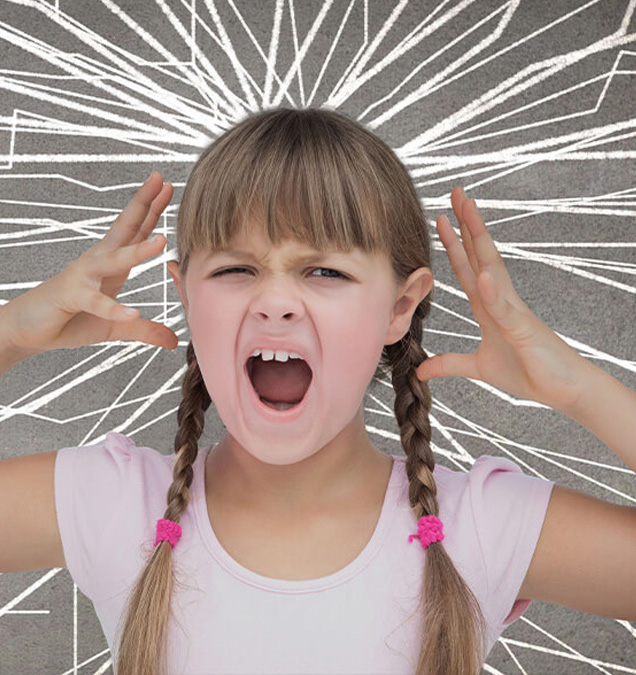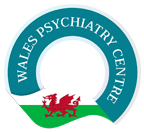
Anxiety Disorders in Children and Adolescents
Children and Adolescents very commonly experience anxiety. It is a normal emotion, and we all experience it at various times in our lives. It is one of the most common presentations to mental health services and can be disabling for young persons and their families. It can manifest in several ways such as physical, psychological, behavioural or a mix of all.
Common physical symptoms of anxiety
- Dizziness
- Feeling of light headedness
- Hot and cold flushes
- Nausea, vomiting, stomach-ache
- Headaches
- Easy fatiguability
- Sleeping difficulties
- Loss of appetite
Common psychological symptoms anxiety
- Fear of things going wrong
- Excessive worrying about illness or death of self or family members
- Need to be perfect
- Socially shy
- Feelings of embarrassment in social situations
- Feeling tense and on the edge most of the time
Behavioural symptoms of anxiety
- Hair pulling, skin picking
- Clinginess with family member or care giver
- Concentration difficulties
- Irritability and outbursts
- Compulsive behaviours
- School avoidance
- Poor engagement in school activities
- Social withdrawal

